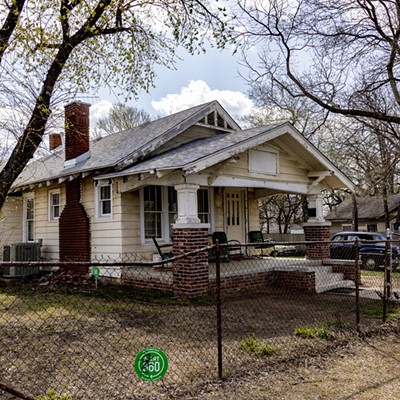Acorn Media has collected three of the four episodes comprising the series' 12th season for a Blu-ray box set.
If you think, "Why not all four?," know that the missing ep, "Murder on the Orient Express," already has made its high-def debut. If you think, "Isn't three episodes chintzy?," know that each is like a movie at 90 minutes long, give or take. And if you think, "Why would I want to see some old British people for that long?," know that you might be pleasantly surprised. It's difficult to imagine anyone who enjoys a smart mystery to be disappointed.
"Orient Express" marked my first exposure to David Suchet's portrayal of Christie's fussy, wax-'stached detective of the early 19th century. Not to knock Albert Finney, but Suchet embodies Poirot in the way so many think Jeremy Brett did Sherlock Holmes. That's evident in all three of these feature-length episodes.
One character in "Hallowe'en Party" says, "I love a good blood-curler, me," which is an apt description as any for the show in general. In this one, a 13-year-old girl in a bee costume — not unlike that Blind Melon video — is found dead at a children's Halloween get-together, where the big activity is a game played with flaming, alcohol-soaked raisins. Well, until murder arrives. It's the best of the three, and should make for a nice annual viewing as an alternative to more bloody Halloween fare.
The title of "The Clocks" refers not only to missing items, but also the layout of the neighborhood. But strange theft is the least of Poirot's worries when there's a dead body involved, too. As the murder grows getting complicated, Poirot reasons, "The solution: It must be very simple." His questioning takes him to a crazy cat lady, and includes some of his most awkward phrasing in "Have you told to the police the truth in everything?" and "Tell to me, if you please." Speaking of lines, the sharpest arrives when Poirot introduces himself to a precocious child, who retorts, "That's not a name. That's a noise!"
Finally, there's "Three Act Tragedy," so named for its setting in the world of theater — er, make that theatre. Poirot is called to the stage after one person drops dead, presumably of a poisoned drink. "Do you think anything untoward happened here tonight?" asks one of the men present, and it may as well be rhetorical, because it's hardly the last of the final-gulp killings. Just because "Three Act" is my least favorite of the three doesn't mean it isn't any good.
Prep yourself for dated vernacular, i.e. "forged codicil," but stories that have stood the test of time. Suchet's studied interpretation helps brings them to accessible life amid the period-perfect, upper-crust surroundings. —Rod Lott







